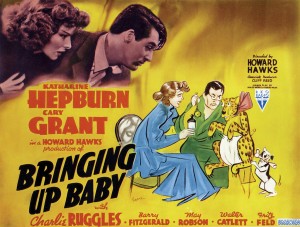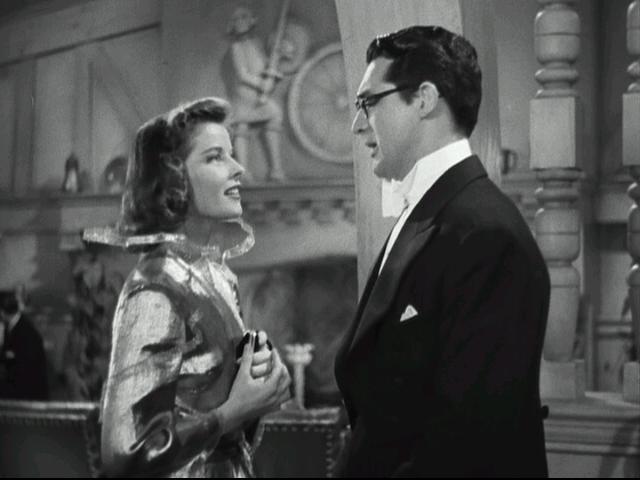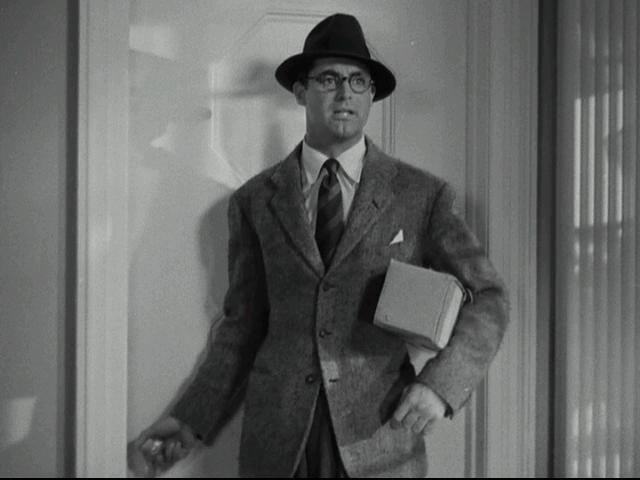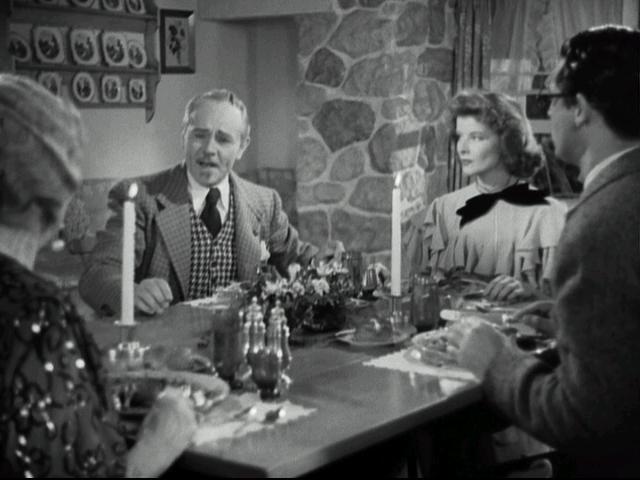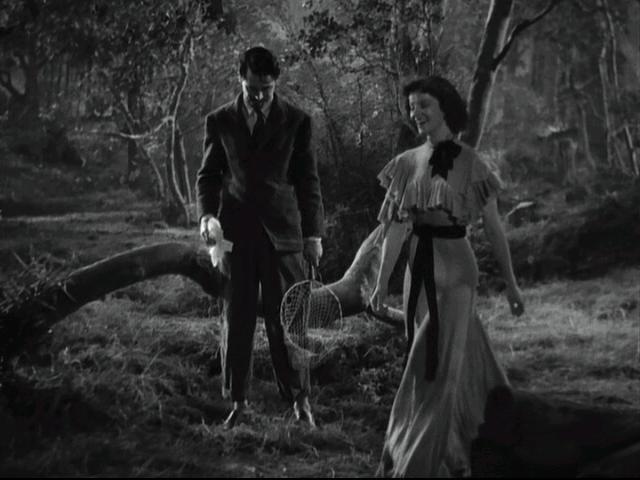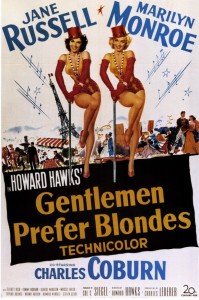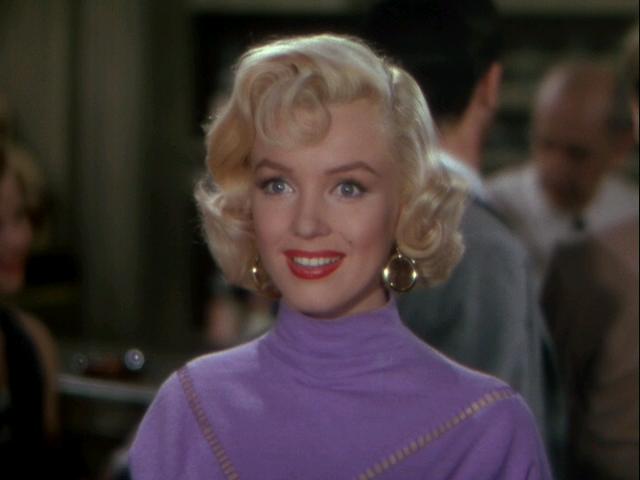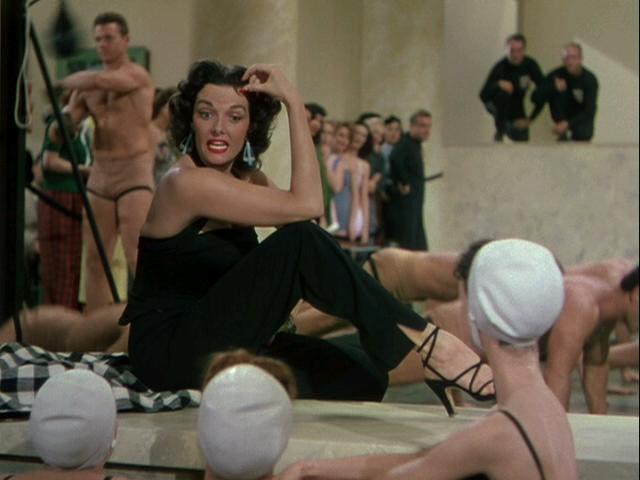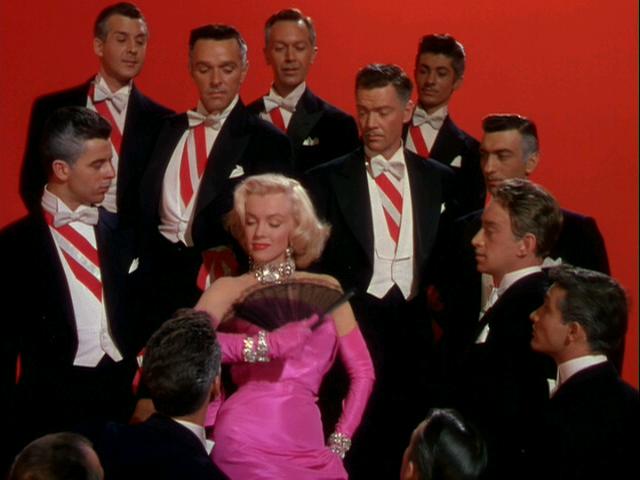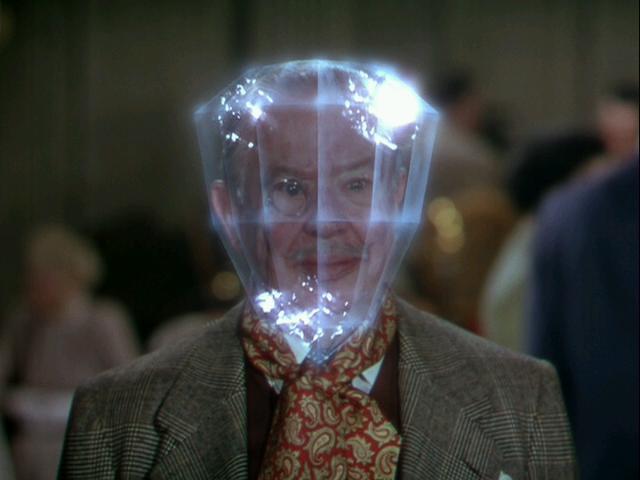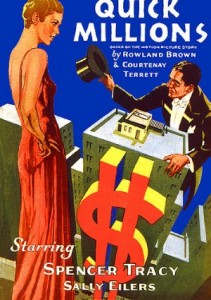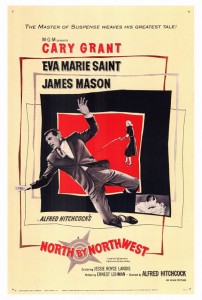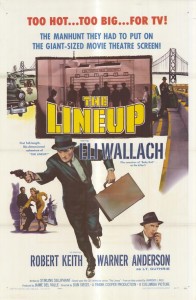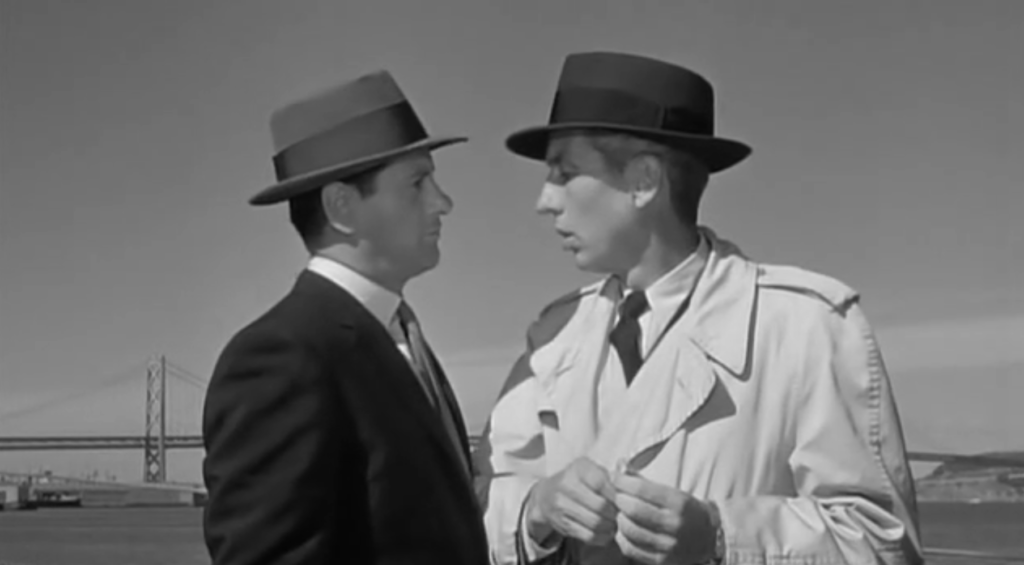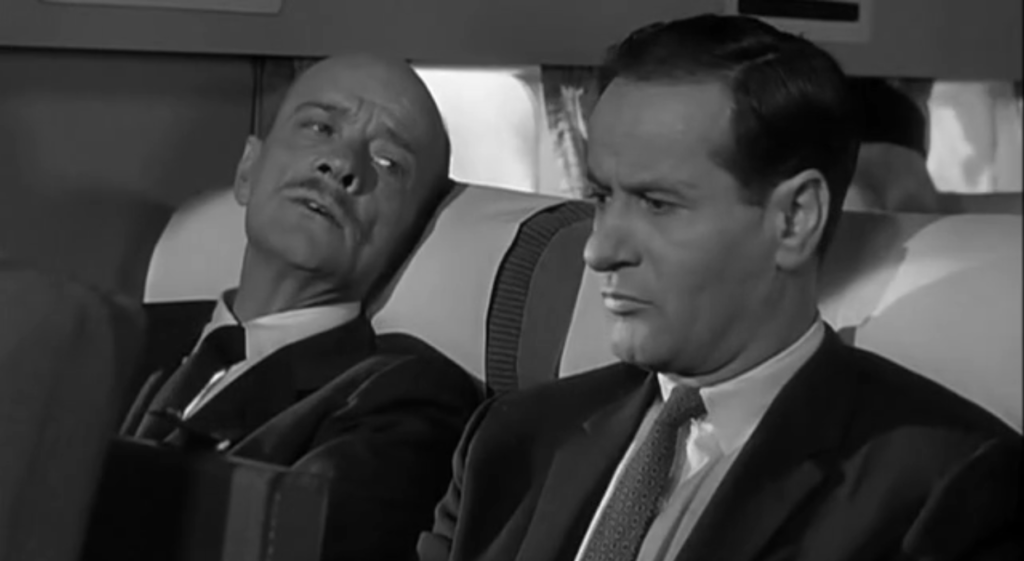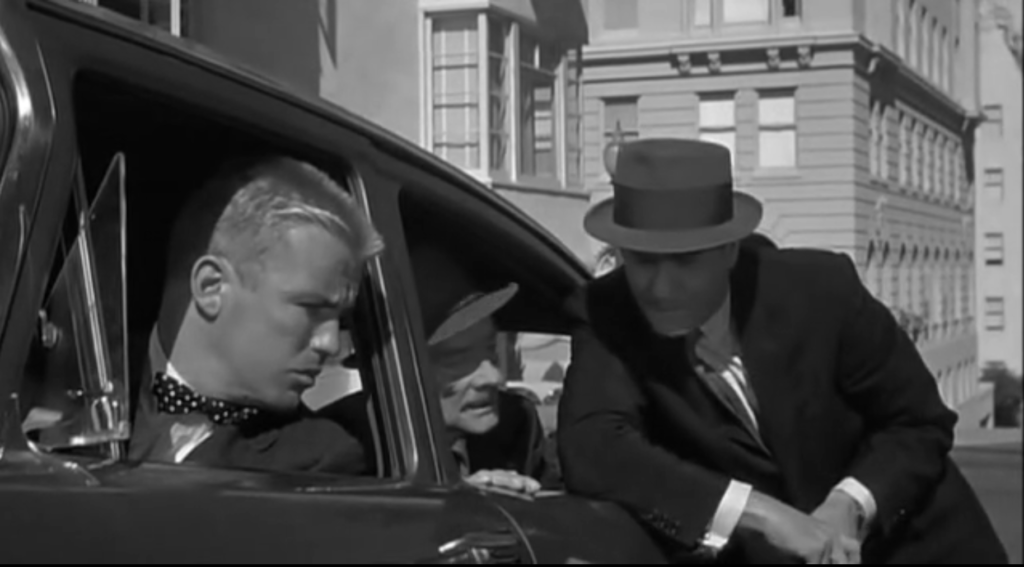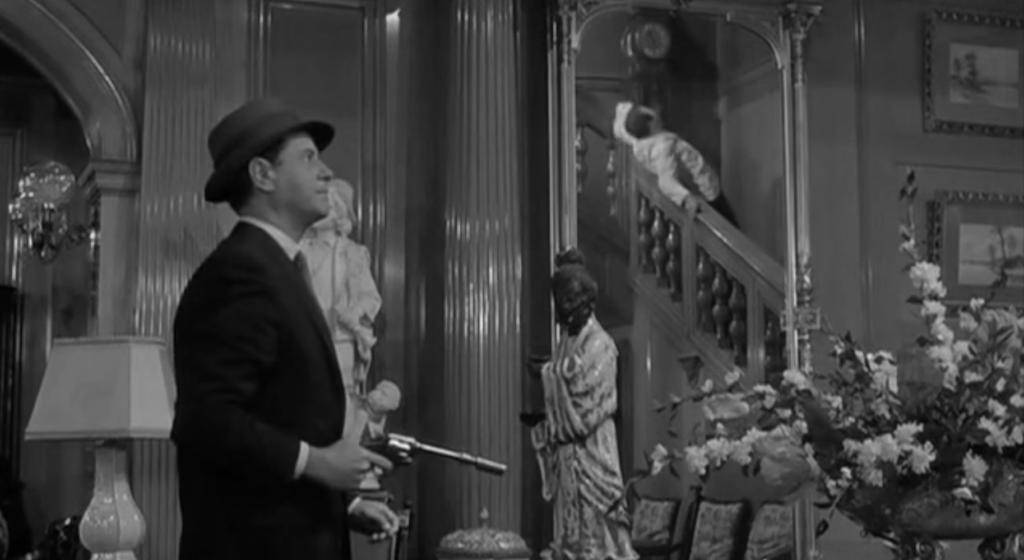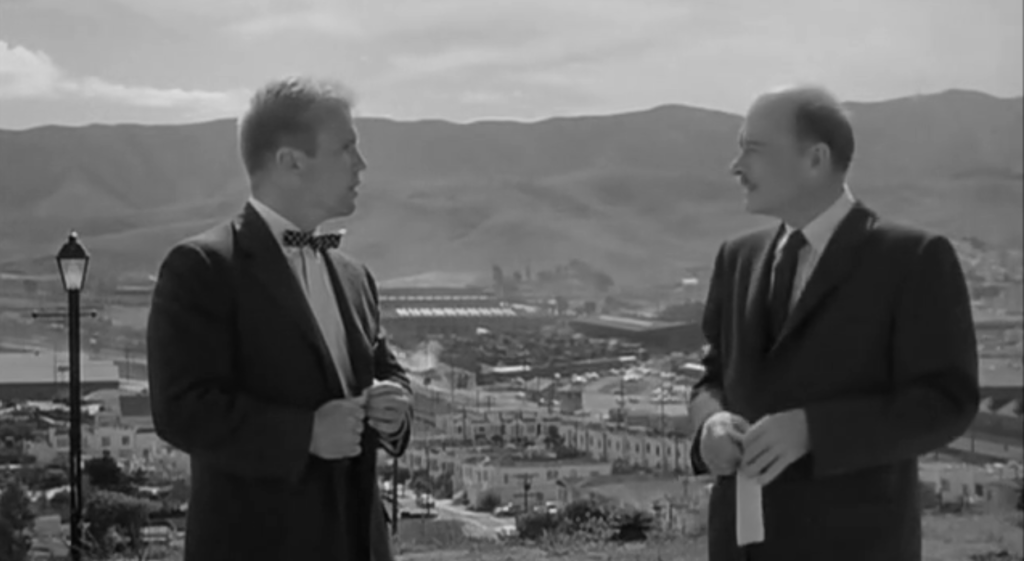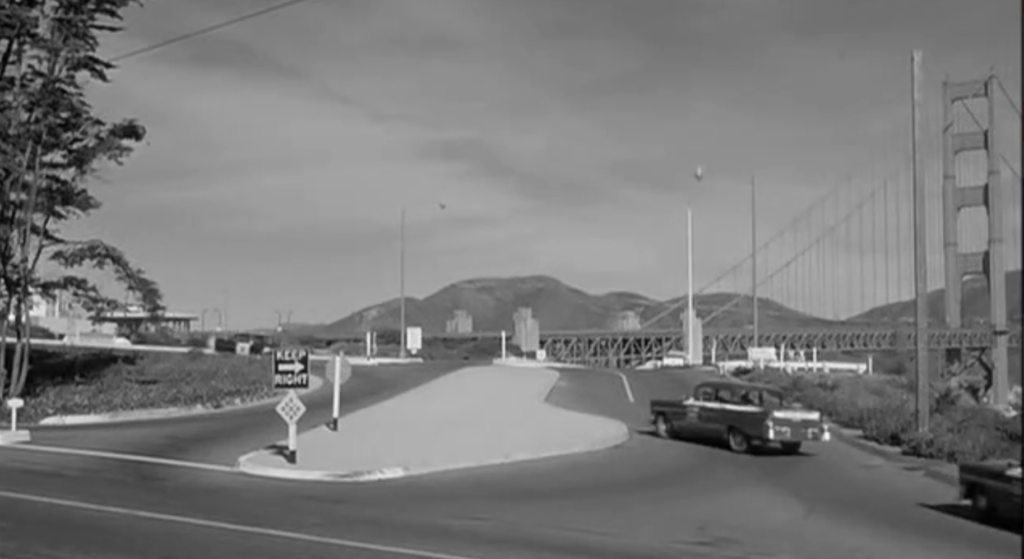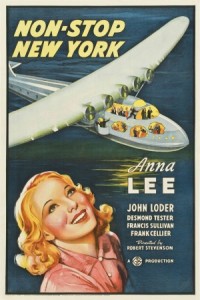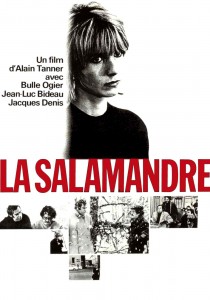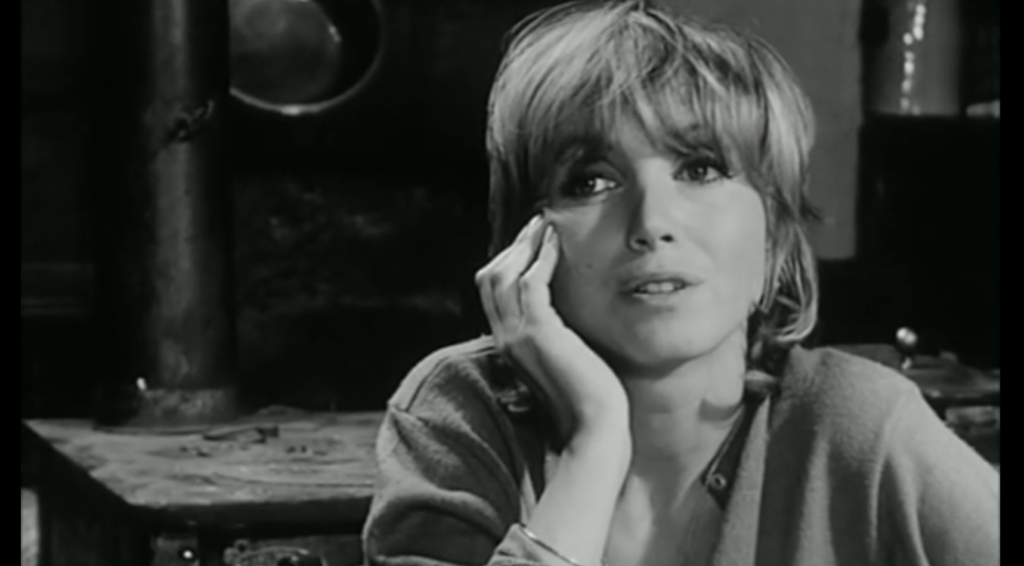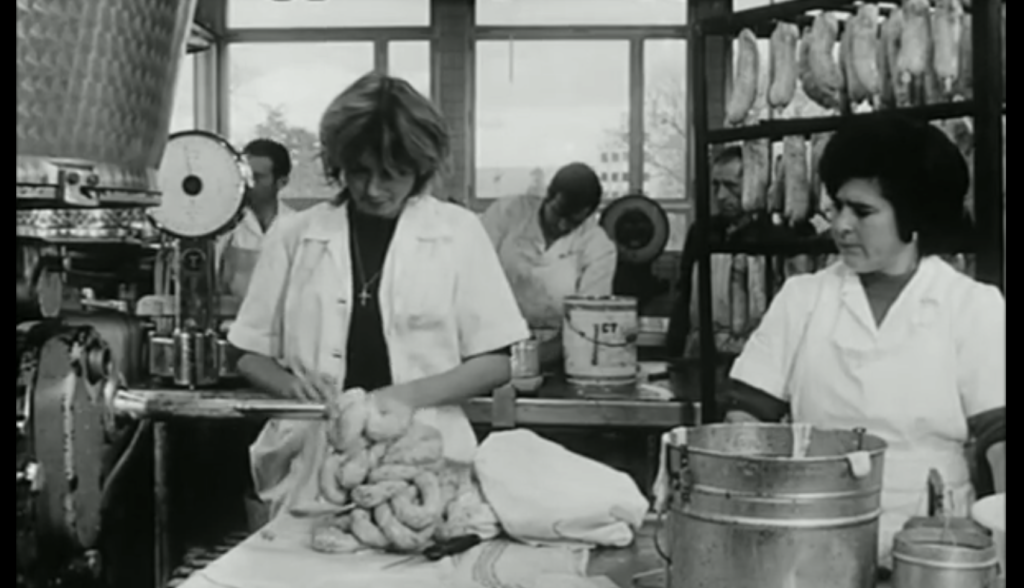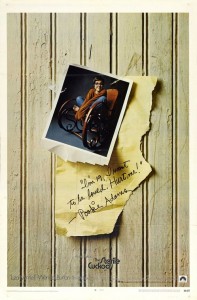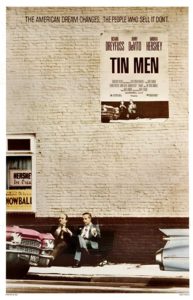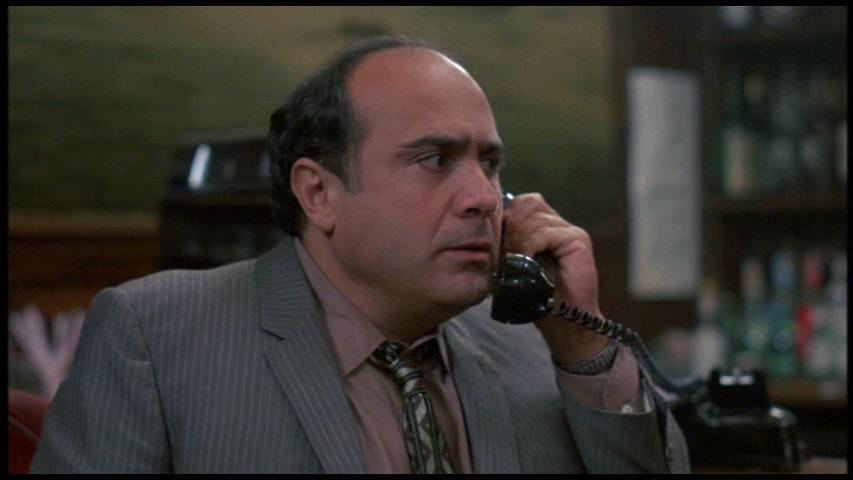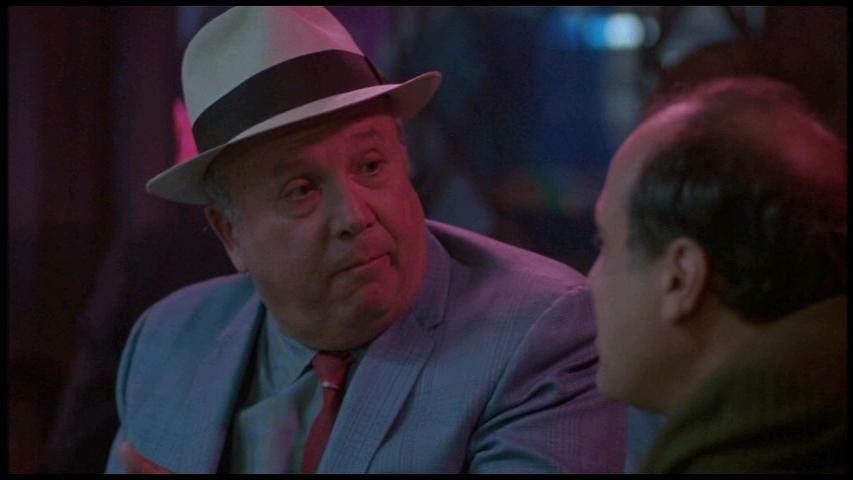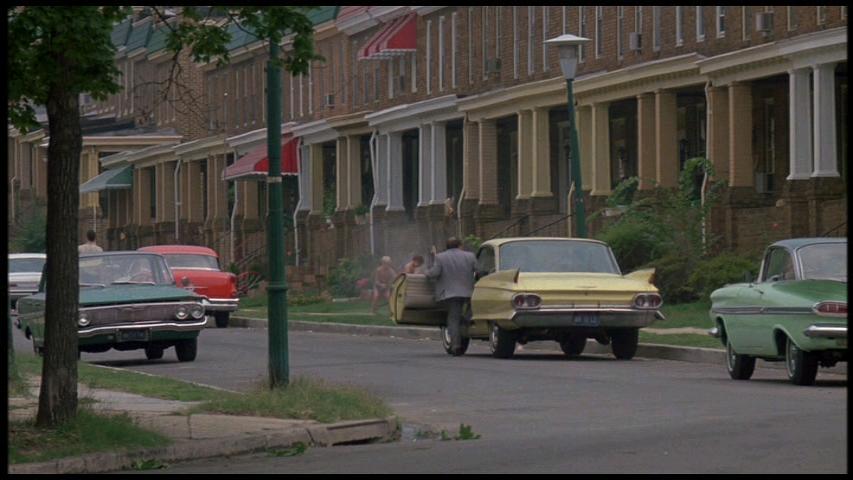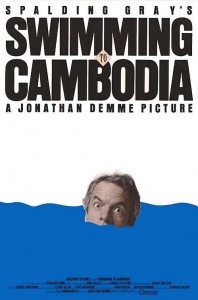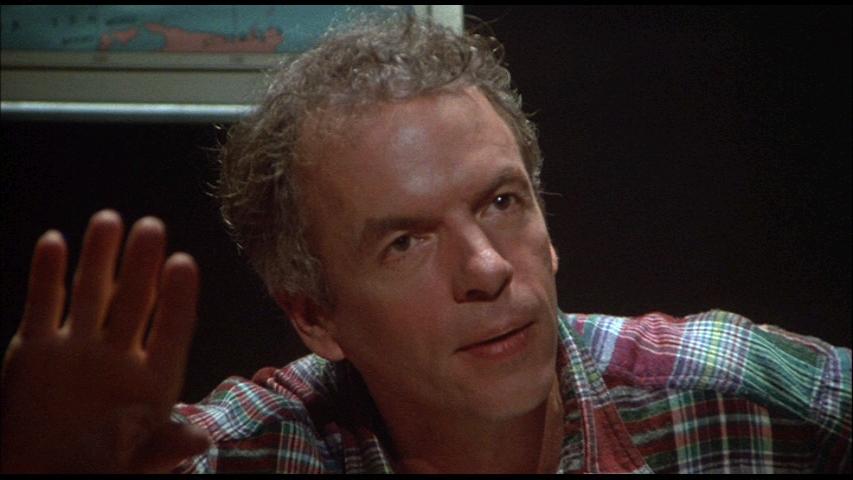|
Genres, Themes, Actors, and Directors:
- Alan J. Pakula Films
- Character Studies
- First Love
- Liza Minnelli Films
- Nonconformists
- Romance
Review:
Alan J. Pakula’s debut film offers an insightful exploration into the exhilaration, complications, and devastation of “first love”. Many scenes — such as when Pookie and Jerry are about to make love for the first time — ring remarkably true, and are handled with sensitivity and gentle humor; and Minnelli’s Pookie — while unbelievably irritating at first — quickly becomes sympathetic, as we recognize a little bit of ourselves in her desperation to have a romantic relationship at any cost. Unfortunately, as pointed out by numerous reviewers (see links below), Pakula occasionally turns his non-conformist love story into a “traditional romance”, complete with montages of the lovers running across fields and holding hands while sappy music plays in the background. These scenes detract from the authenticity of the story, since we prefer to see these characters up close in all their awkward realism, rather than from a fuzzy distance. Fortunately, for every generic montage, Pakula provides a well-written, sensitive scene which brings us back to the truth of Pookie and Jerry’s relationship.
Perhaps inevitably, things slowly begin to crumble between the misfit couple, as Jerry (well played by an appropriately bland Wendell Burton) realizes he wants to spend time with the other “weirdos” around him in college, and actually focus on his studies. Ironically, as we watch Pookie become increasingly desperate to hold on to Jerry (she fabricates a pregnancy, and guilts him into spending time with her), we start to care for her more and more, as we recognize the true depth of her neuroses. Our compassion is due in no small part to Minnelli’s powerhouse performance; a couple of particularly poignant scenes late in the movie — in which she pleads on the telephone with Jerry, and cracks up at a frat party — especially showcase her acting chops, and give credence to her worthy Oscar nomination. Ultimately, while The Sterile Cuckoo is an uneven film, Minnelli makes it worth seeking out at least once.
Redeeming Qualities and Moments:
- Liza Minnelli’s inimitable performance as Pookie
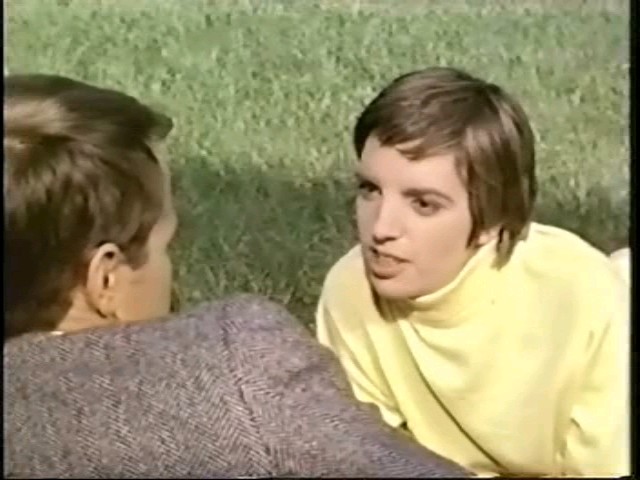
- Jerry nervously taking Pookie’s clothes off before they make love for the first time
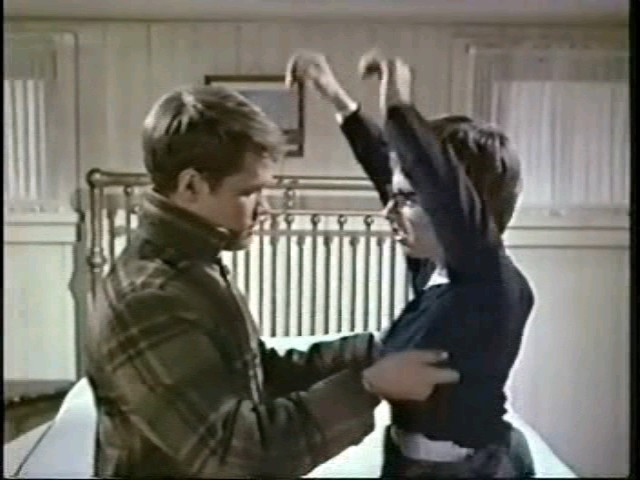
- Pookie’s desperate call to Jerry
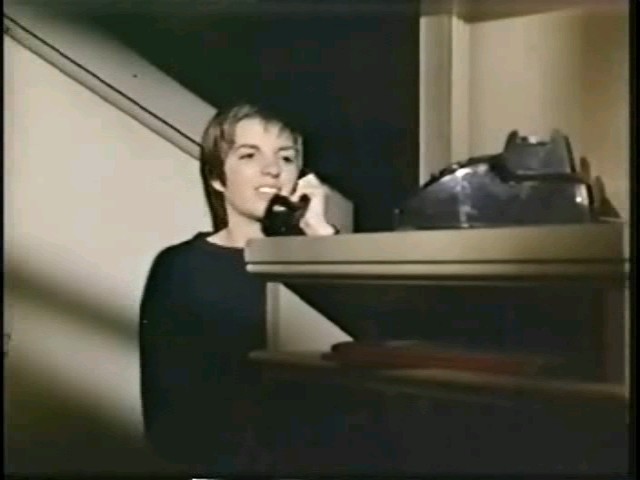
- Pookie trying her best not to disturb Jerry as he spends his entire spring break studying
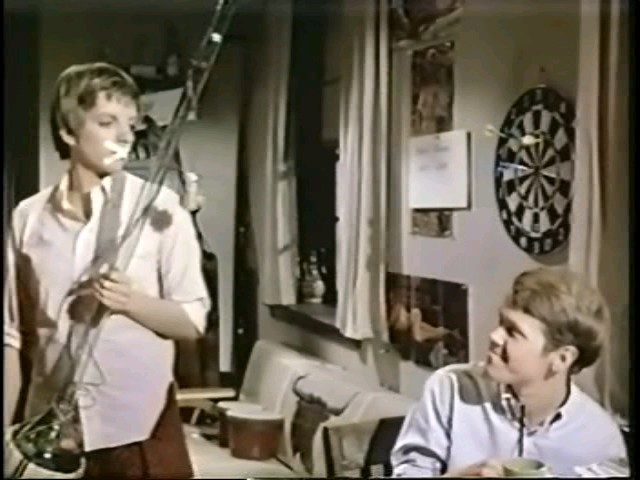
Must See?
Yes, simply to see Minnelli’s Oscar-nominated performance.
Categories
- Noteworthy Performance(s)
- Oscar Winner or Nominee
Links:
|
